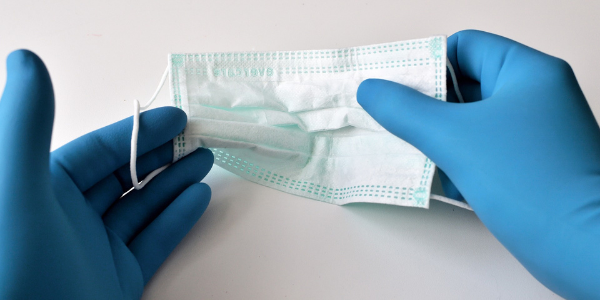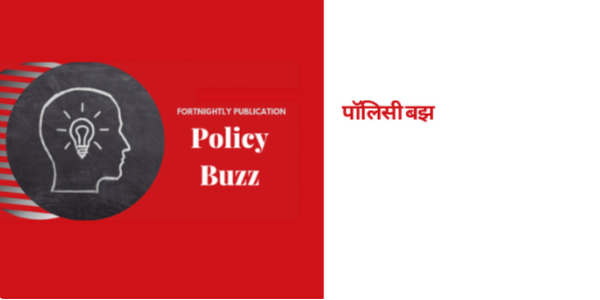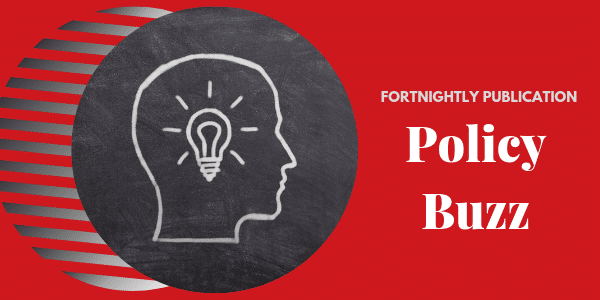In response to the COVID-19 pandemic, the Government of India (GoI) announced a nationwide lockdown from the end of March 2020 till June 2020. Access to public healthcare facilities was limited during this time, and health services were severely disrupted, including vaccinations in rural areas. This blog touches upon some aspects of the disruption.
Under India’s Universal Immunisation Programme, vaccinations are done free-of-cost against 12 preventable diseases. A child is considered fully immunised, if they have received all due vaccines as per the national immunisation schedule, within a year of being born. But, in 2020, the number of immunisation sessions planned fell from 10.58 lakh to 6.02 lakh between March and April. The number of immunisation sessions held fell from 9.81 lakh to 4 lakh during the same period (download our analyses).
The decline in the number of sessions has resulted in approximately 11 lakh fewer fully-immunised children (9-11 months) between the lockdown period of April to June, compared to the same period for financial year (FY) 2019-20.
Even after the lockdown was lifted and restrictions were eased, stigma around the COVID-19 virus and the fear of contracting the virus hampered the efforts of frontline workers (ASHAs, Auxiliary Nurse Midwives, and Anganwadi Workers), who are based in local communities, from effectively assisting their communities. For instance, in an interview by us, an Auxiliary Nurse Midwife in Rajasthan spoke about how workers like her were branded as ‘virus carriers’.
The pandemic has threatened to unravel the strides that India has made in immunisation coverage over the last decade.
Moreover, immunisation services were only started in some districts by October 2020. Whether or not the decrease in immunisation coverage numbers was compensated for in the months after the lockdown remains to be determined, as data for these months was not available at the time of writing.
Before the pandemic, India had also built an Alternate Vaccine Delivery System (AVDS) which ensured the delivery of vaccines and on-site availability of logistical supplies on immunisation session days. This was used during the pandemic to provide immunisation services to children and pregnant women who missed their routine vaccines during the lockdown. But, even here, there were reports of substantial challenges.
With more-accessible routine immunisation centres either closed or people discouraged from coming to the centres, AVDS workers – who are engaged on a part-time basis and usually belong to the local community – had to undertake arduous travel (even crossing a river in one case) to source the vaccines and ensure that these reached people.
The challenges above are important to note. Not only are vaccinations lifesaving, but India has shown significant improvement in its health indicators for immunisation over the last two decades, registering an increase of 10 percentage points between 2010 and 2019 in immunisation coverage. A major part of this success can be attributed to Mission Indradhanush (MI), GoI’s immunisation campaign, which was launched in 2014 with the objective of achieving full immunisation coverage for at least 90 per cent Indian children by 2020.
MI has been successful in fully vaccinating 255 lakh children and 69 lakh pregnant women in 2015-16, resulting in a 6.7 per cent annual increase in full immunisation coverage two years after it was launched. This was an improvement over the previously observed 1 per cent annual increase from 2009 to 2013. To further expand immunisation coverage, the Intensified Mission Indradhanush (IMI) and IMI 2.0 were introduced for a period of four months, in 2017-18 and 2019-20, respectively.
In February 2021, IMI 3.0 was launched. It will be carried out in two rounds, almost a year after the first lockdown was announced to curb the spread of COVID-19. This campaign aims at vaccinating children and pregnant women who missed their vaccine doses during the pandemic, and will follow COVID Appropriate Behaviour (CAB) (practices such as physical distancing, wearing a reusable face cover or mask, and regularly disinfecting frequently touched surfaces).
But since the drive is being carried out in the pandemic, its success will also depend on the fulfillment of various additional factors. These include tracking down people who have missed their vaccinations, and immunisation session planning while keeping in mind the spikes and decreases in COVID-19 cases.
The pandemic has threatened to unravel the strides that India has made in immunisation coverage over the last decade. The government now has the dual challenge of achieving its objective of 90 per cent immunisation coverage, while undoing the setbacks caused by the pandemic. Launching more ‘catch-up’ sessions such as the IMI 3.0 can prove important to help India get back on track.
Also read: Experiences of Frontline Workers in Rajasthan and Himachal Pradesh during the COVID-19 Pandemic









